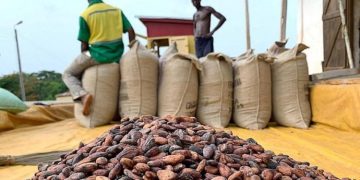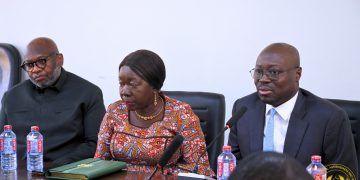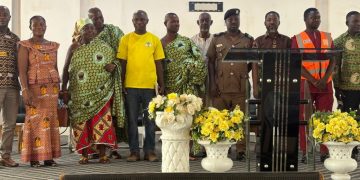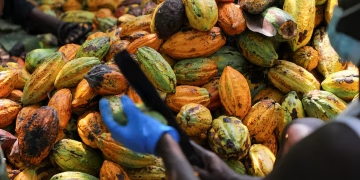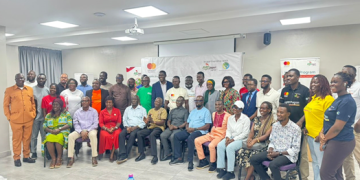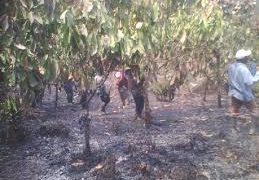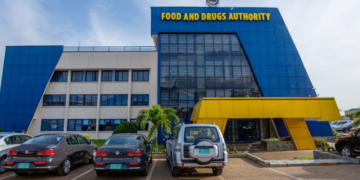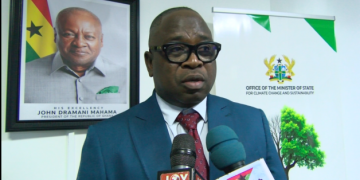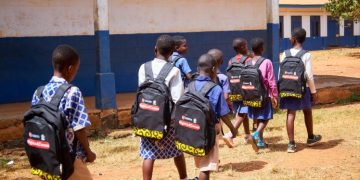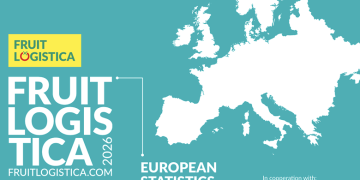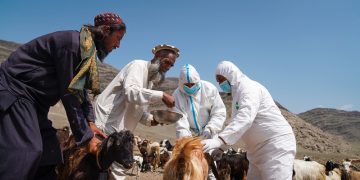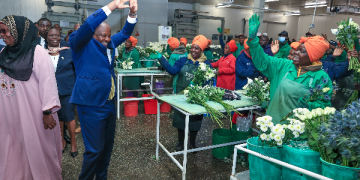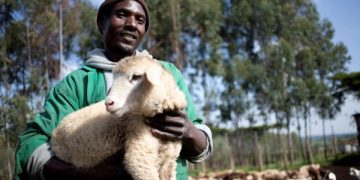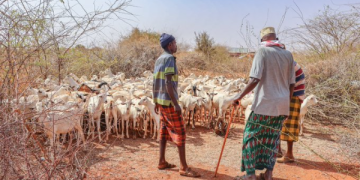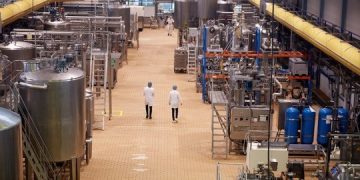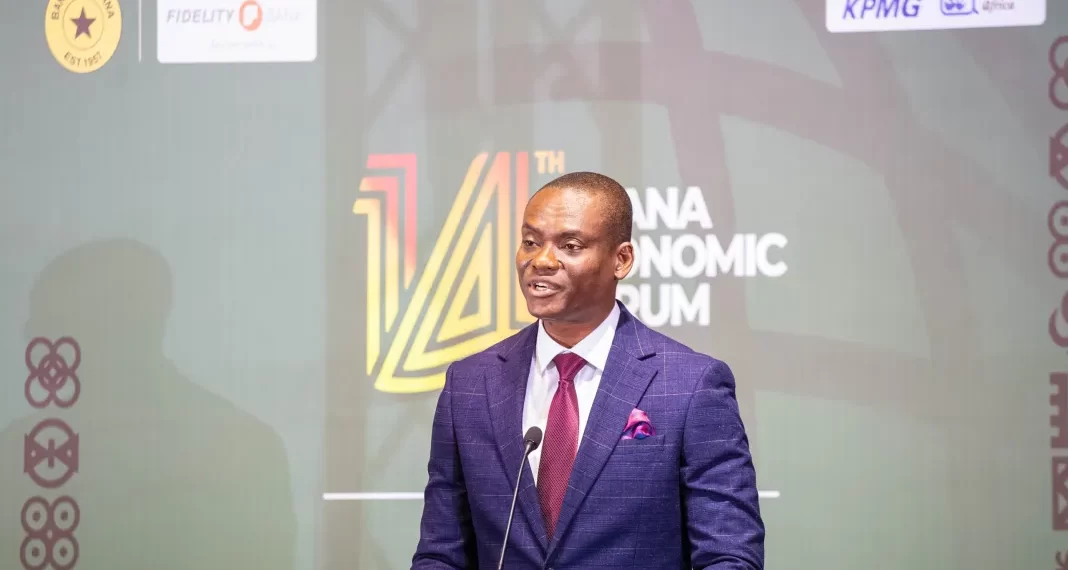The Chief Executive Officer of the Business and Financial Times (B&FT), Dr. Godwin Acquaye, has underscored that Ghana’s journey toward a stable and resilient economy must be rooted in strong agricultural systems, local production, and value addition across the agribusiness value chain.
Speaking at the opening of the 14th Ghana Economic Forum (GEF 2025) in Accra, Dr. Acquaye said sustainable currency stability and long-term growth depend on how effectively the country invests in its productive base — particularly agriculture, which remains the backbone of the Ghanaian economy.
Held under the theme “Currency Stability – A Reset for Sustainable Economic Growth,” this year’s forum brought together policymakers, economists, development partners, and business leaders to explore pathways for national recovery and inclusive growth.
Dr. Acquaye noted that a stable currency is not merely an indicator of fiscal discipline but also a reflection of the nation’s productive strength.
“A resilient economy is built when farmers produce more, processors add value locally, and agribusinesses export competitively. When we depend less on imports and strengthen domestic production, the cedi becomes stronger and the economy becomes more stable,” he said.
He stressed that Ghana’s economic stability must go hand in hand with investments that modernise agriculture, enhance value chains, and make rural economies more productive and profitable.
“Strengthening local production, promoting value addition, and supporting agribusiness are not optional — they are the foundation of true economic resilience,” Dr. Acquaye emphasised.
He added that boosting agricultural productivity and investing in agro-processing will not only reduce Ghana’s import bill but also create jobs, stabilise food prices, and generate foreign exchange through exports.
Dr. Acquaye explained that the Ghana Economic Forum has, for over a decade, provided a space for collaboration between the public and private sectors, influencing key policy reforms and encouraging partnerships that promote food security and industrial transformation.
“Ghana’s prosperity will not be achieved by government alone. It will take farmers, agripreneurs, financiers, policymakers, and innovators all working together with a shared vision,” he said.
The 2025 edition of the Forum spotlights three critical sectors — the economy, energy, and agriculture — identified as the main pillars of transformation. Dr. Acquaye emphasised that prioritising agriculture and agribusiness in national planning will help strengthen the cedi, reduce fiscal pressures, and secure livelihoods across rural communities.
He urged participants to translate discussions into actionable outcomes that enhance productivity and competitiveness in Ghana’s food systems.
“Let us ensure that today’s ideas move beyond talk into concrete actions that deliver inclusive growth and lasting economic stability,” he concluded.














